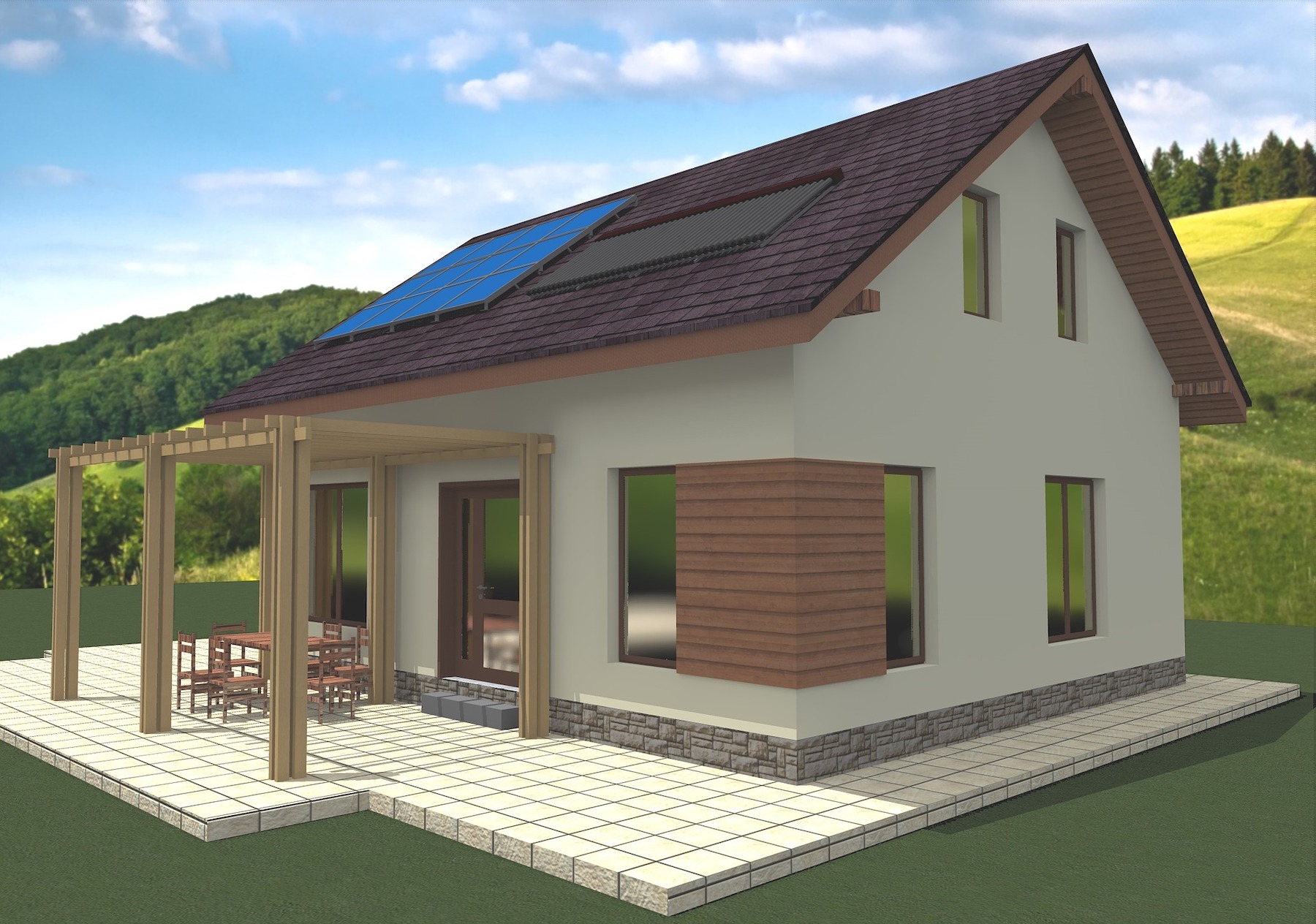The U.S. Department of Defense is constructing three barracks at the Camp Swift Training Center in Bastrop, Texas that will each be the largest 3D-printed structures in the Americas.
Each building will be larger than 5,700 sf and the project is expected to be completed within 10 months. Army brass say the 3D building technique saves labor costs, reduces planning time, and increases the speed of construction.
The buildings will be the first 3D-printed structures that comply with new DOD Unified Facilities Criteria for additive concrete construction. The Unified Facilities Criteria did not previously include specifications for 3D-printed concrete wall systems.
Until the new rules went into effect, companies that used 3D printing could not bid on DOD construction projects. The material used in the construction is ICON’s proprietary Lavacrete, which is a type of high-strength concrete with a compressive strength of 2,000 to 3,500 pounds per square inch, according to ICON. Lavacrete can withstand extreme weather and greatly reduce the impact of natural disasters, DOD says.
Related Stories
| Sep 7, 2012
Lorain, Ohio considers halting downtown construction while it works out development plan
Construction would stop downtown for six months while Lorain, Ohio officials consider a development plan for the city, according to new legislation.
| Sep 7, 2012
Business, labor groups push for easing of California’s Environmental Quality Act
Business and labor groups have combined forces to push for a change to California's Environmental Quality Act, specifically its complex review process for building and construction projects.
| Aug 30, 2012
Federal government cancels defense contracts worth $2.15 billion
This action may foreshadow federal spending cuts scheduled for year's end if Congress takes no action on the federal budget.
| Aug 30, 2012
Georgia drops LEED wood source standard on state projects
Currently, LEED green building standards only accept timber products certified by the Forest Stewardship Council (FSC).
| Aug 21, 2012
Federal Safe Building Code Incentive Act’s bipartisan support, no notable objection, bodes well for passage
The Safe Building Code Incentive Act would give states a little extra post-disaster federal funding if they enacted and enforced nationally recognized building codes for businesses and residences before disaster strikes.
| Jul 12, 2012
Federal budget chief to explain impact of pending defense cuts before Congress
Office of Management and Budget Director Jeffrey Zients is scheduled to testify before the House Armed Services Committee Aug. 1 to explain the possible effects of $500 billion in defense cuts on U.S. companies, including those in the design and construction industry.
| Jul 12, 2012
Pennsylvania legislature moves to prevent undocumented workers on public construction projects
Legislation to prevent undocumented workers from being hired by construction companies working on state-funded projects passed the Pennsylvania Legislature.
| Jun 14, 2012
Minnesota Vikings stadium plan gets legislative go-ahead
Legislation that approved the construction of a new billion dollar stadium for the Minnesota Vikings passed the Minnesota legislature.
| Jun 1, 2012
New BD+C University Course on Insulated Metal Panels available
By completing this course, you earn 1.0 HSW/SD AIA Learning Units.
| May 31, 2012
Proposed change in Michigan’s building code would hurt innovation, say critics
Legislation pending before the Michigan Senate would change the law that calls for building codes to be updated every three years to require an update only every six years.
















